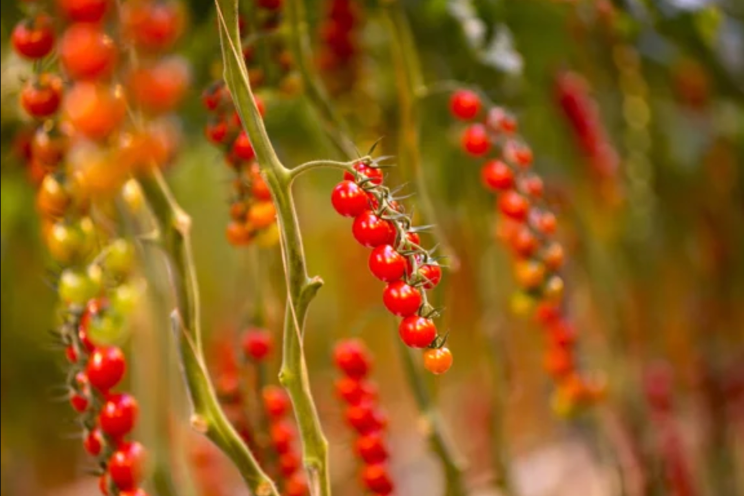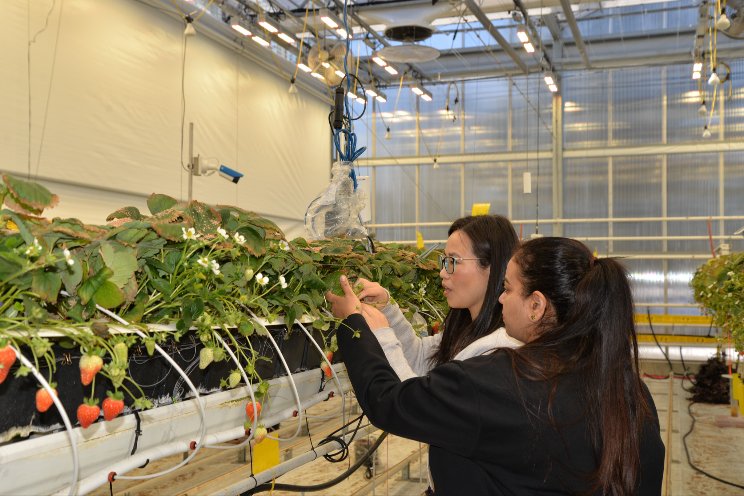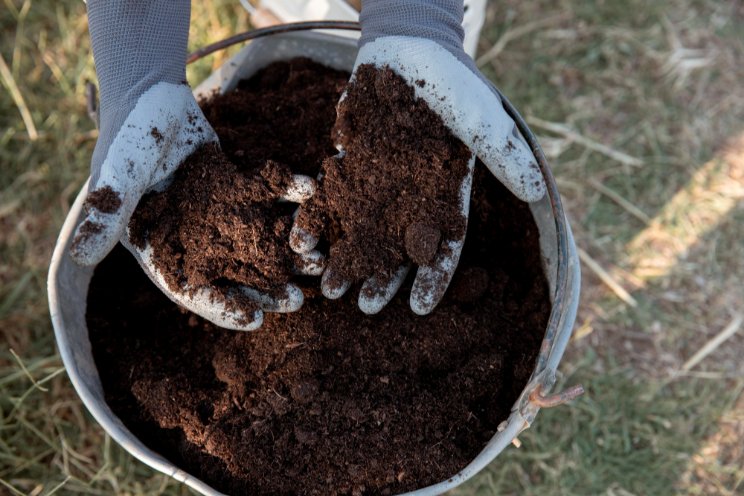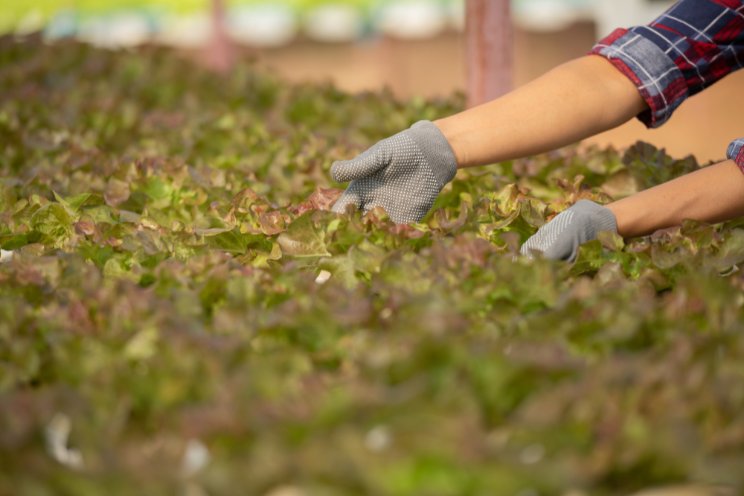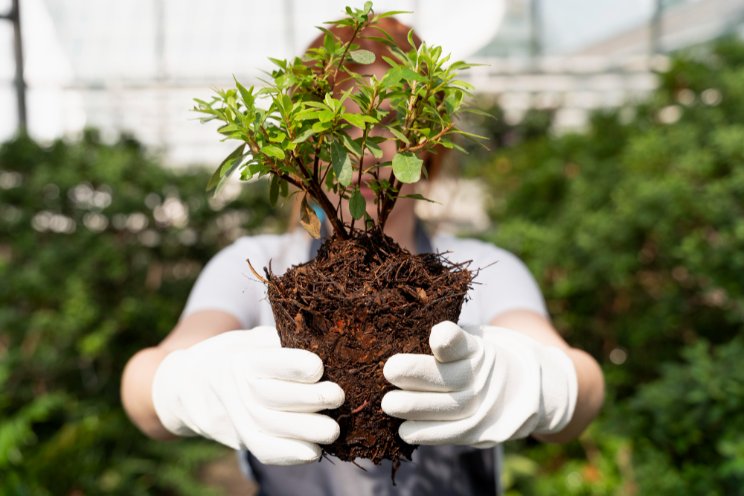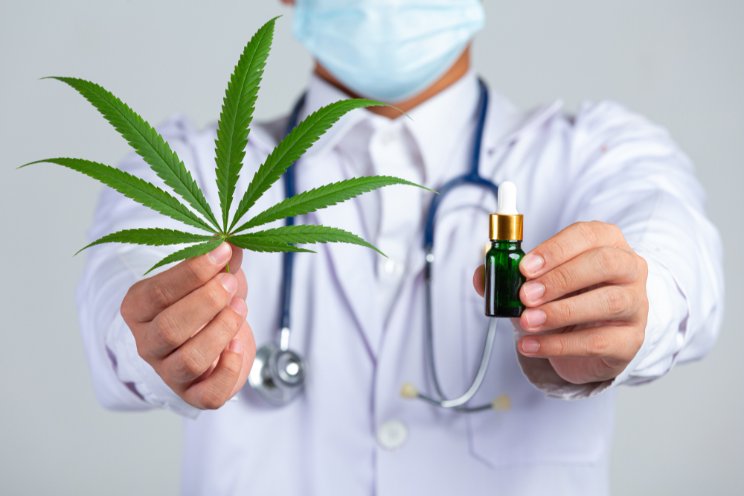Are UK food prices about to surge?
Added on 09 March 2020
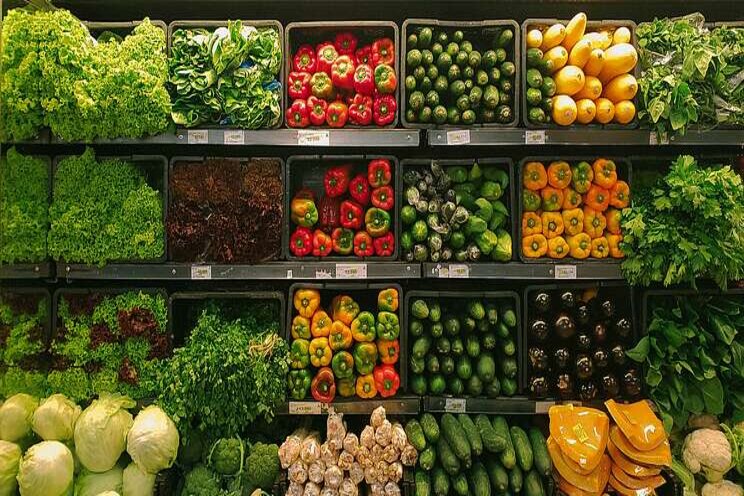
The UK's wettest February on record and the ongoing coronavirus have fuelled fears of steep food price increases for UK consumers in the coming months.
The Agriculture and Horticulture Development Board (AHDB) is warning that the nation's farmers are in crisis following months of rain that has left land too waterlogged to sow crops, reports The Telegraph's industry editor Alan Tovey.
With flood warnings still in place, time is running out for farms to save the harvest with spring planting, according to the board, which represents farmers and growers.
The Met Office has confirmed that more rain fell last month than in any other February since accurate records began, with a UK average of 202.1mm (7.96ins) - beating the previous record of 193.4mm (7.61in) in 1990.
The downpours follow floods last autumn, when The Guardian reported that poor yields of winter vegetables such as potatoes, cauliflowers and cabbages was expected to result in food price hikes "in the new year".
Following heavy rain that saw six months worth of rain fall in six weeks from the end of September, farmers were also unable to sow crops such as winter barley, which germinate in the autumn and rise for an early harvest in the late spring.
The AHDB is now forecasting that wheat crops during the 2020-21 growing season will total around 10.7 million tons, which would be the lowest for 20 years.
"Lower harvests may mean producers have to import grain to make up the shortfall, raising costs and pushing up food prices," says The Telegraph's Tovey.
Andrew Opie, of the British Retail Consortium, said supermarket chains "will do their best to shield consumers from potential cost implications".
What about the effects of the coronavirus outbreak?
Consumers are also set to feel the economic effects of the global coronavirus outbreak, as the infection spreads to countries worldwide after the first cases were reported in the Chinese city of Wuhan in December.
Almost 90,000 people have been infected worldwide, with more than 3,000 deaths. A total of 36 cases have been confirmed in the UK, but no fatalities.
Fear about the outbreak has seen a growing number of UK consumers beginning to panic buy household productions, with some families "even setting up 'isolation' rooms at home in case coronavirus closes down their communities", reports The Sun.
"Among the essentials worried families have been said to be stockpiling are nappies, toilet roll, soup, tinned fruit, pet food, medicine, bottled water - and booze", says the newspaper.
Demand for hand sanitiser is soaring, with Boots chemists stores restricting purchases to two bottles per customer.
Many stores have also reported selling out of medical faces masks, "despite warnings by health officials they are of limited use in everyday circumstances, and online scammers have begun exploiting fears by selling stocks at vastly inflated prices", adds The Telegraph.
And disruptions to foreign food imports as a result of the virus are expected to send the prices of a range of products even higher.
Professor Tim Lang, an expert in food policy at City, University of London, said: "The food sector today runs on a 'just-in-time' logistics system. The whole idea is to not have storage. Britain is catastrophically dependent on external sources."
Source: The Week
Photo by nrd on Unsplash
Source: The Week
More news
